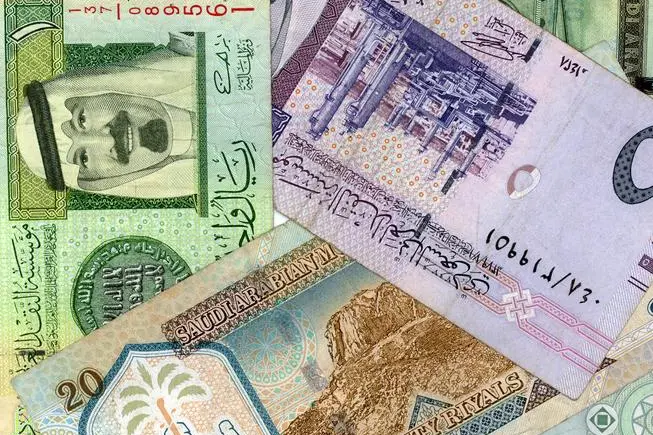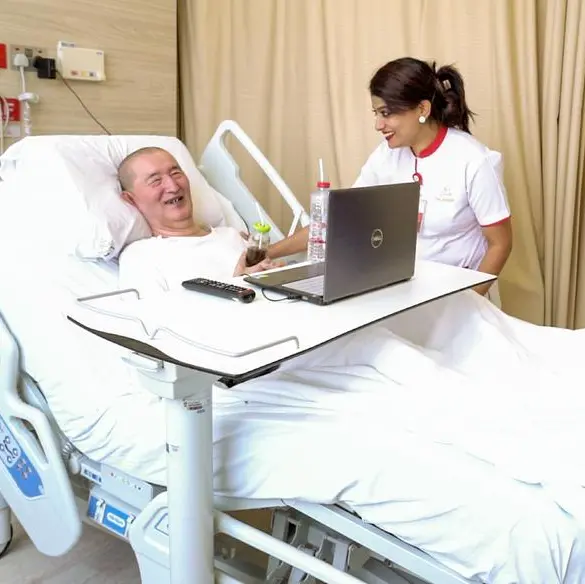PHOTO
Near Field Communication (NFC) is a wireless connectivity technology that allows banking transactions via a fast exchange of digital data between electronic devices using touch points.
The technology is increasingly competing with traditional communication and connectivity tools, as hundreds of millions of contactless cards and readers are now used throughout the world.
Wikipedia defines NFC as a set of communication protocols that enable two electronic devices, one of which is usually a portable device such as a smartphone, to establish communication by bringing them within 4 cm of each other.
NFC is an upgrade of what is known as Radio Frequency Identification (RFID), a technology that combines the interface of a smartcard and a reader into a single device.
In addition to its use for contactless banking payments, NFC has other applications such as for cards used by workers and employees to access offices and work areas, for the seamless sharing of content between digital devices, and as an electronic travel ticket on mobile phones.
Saudi Arabia is now one of the worlds biggest users of NFC technology, especially in the banking sector and for contactless payment systems.
The Mada Atheer service is an electronic payment channel that uses NFC to allow cardholders to make e-purchases in a safe, easy and fast way by simply waving their card in front of a point-of-sale (PoS) terminal.
The Kingdoms banking sector recently started to allow customers to use their smartphones to make NFC payments, with mada Pay an example of an app that lets cardholders make contactless payments using their NFC-enabled devices.
The mada Pay system was developed to support all cards issued by mada member banks whether they are debit, prepaid or credit cards (Visa and Mastercard).
Apple Pay is another payment channel launched through the mada national payment scheme, which allows banks clients to make payments through mobiles equipped with NFC technology and operated by iOS.
Local banks and mada have invested in developing a unified mobile payments infrastructure to facilitate and expedite the launch of mobile payments throughout Kingdom, and 92 percent of PoS devices in the countrys retail outlets support Apple Pay.
Although NFC technology has cut out the need to carry cash and speeded up the whole financial transaction process, concerns remain in some quarters about its security. However, experts believe the technology is pretty safe and secure, especially when used through NFC-enabled smartphones equipped with biometric locking systems. Some smartphone operating systems are highly encrypted, using tokenization data security to ensure privacy.
In line with the objectives of the Saudi Financial Sector Development Program (FSDP) to achieve digital transformation in the payments sector, and raise non-cash transactions from 18 percent to 28 percent by 2020 and to 70 percent by 2030, the Saudi Arabian Monetary Authority (SAMA) is developing advanced electronic payment systems and accelerating digital financial transactions among banks and its customers in secured and safe digital environments.
These efforts will contribute to the achievement of one of the main objectives of the FSDP, to move Saudi Arabia toward being a cashless society.
Talat Zaki Hafiz is an economist and financial analyst.
Copyright: Arab News 2019 All rights reserved. Provided by SyndiGate Media Inc. (Syndigate.info).





















